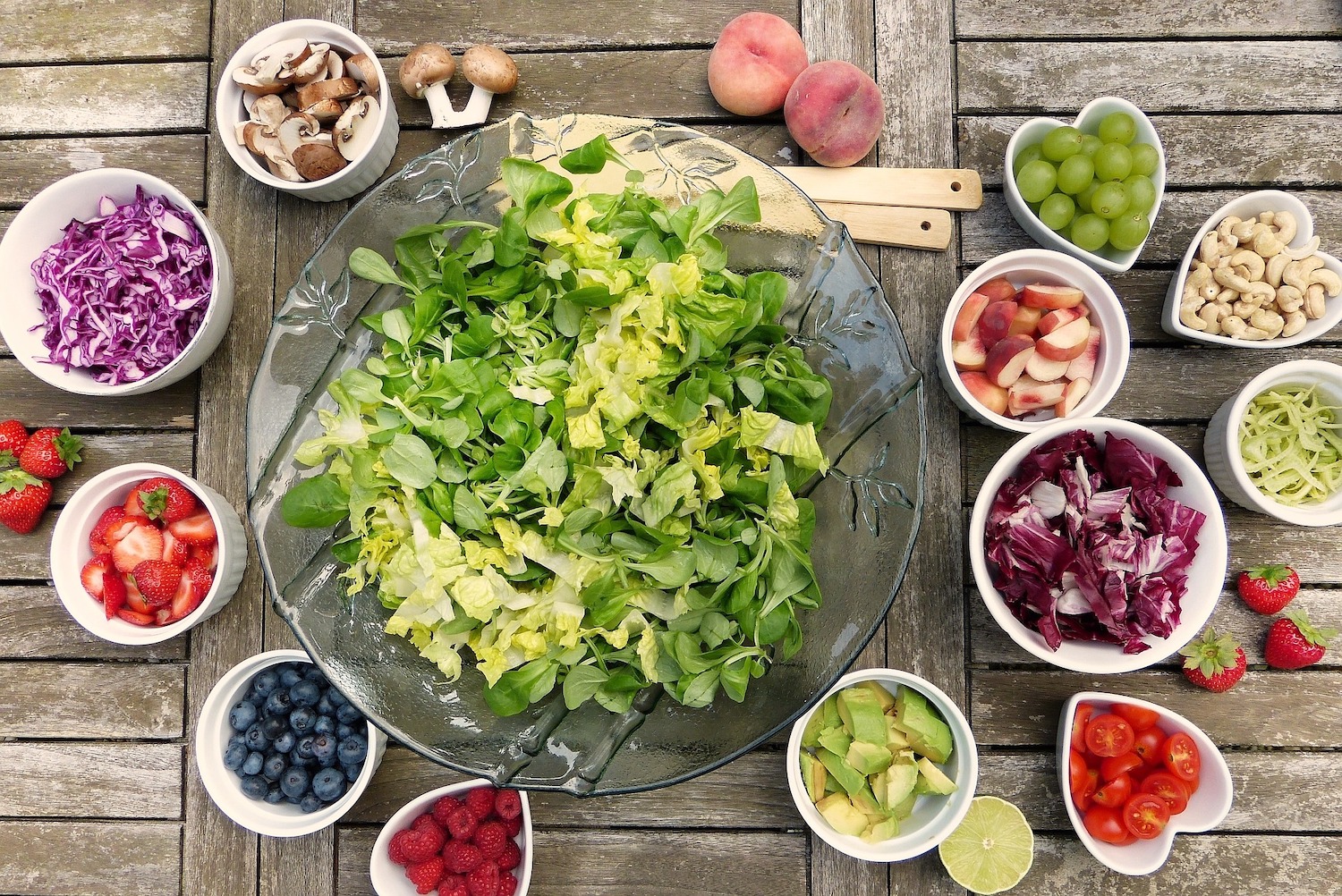– Lane Simond:
Today, there are all kinds of technologies at our fingertips that focus on preventative health, including remote patient monitoring and artificial intelligence, but technology alone is not going to keep us in perfect condition. Some scientists, including those who focus on nourishment, are still promoting the consumption of certain foods to prevent health problems. It’s a matter of getting the message out so more people are aware of how to feed their wellbeing and it’s keeping an open mind to new recipes, including those developed by scientists.
Good Foods for Health
Nutritionists tell us that there is a wide variety of good goods, including fruits, vegetables, nuts, seeds, as well as lean proteins that can help support our overall health. For example, studies indicate blueberries are a powerful antioxidant. Antioxidants protect the body from free radicals, which are basically molecules that damage our cells and contribute to diseases, as well as aging. It is believed that blueberries have one of the highest antioxidant levels of all common fruits and veggies. There are also avocados. This fruit, which has gained a lot of attention in recent years in health magazines and has become a popular supermarket purchase, is loaded with healthy fats and nutrients, such as vitamin C and potassium. Still, no matter how much health experts promote good food choices for the sake of our wellbeing, some people have a hard time with fruits and veggies. The good news is that scientists around the world are taking notice and are doing what they can to develop good in food products that are traditionally bad. For instance, we learned about a tasty muffin that has no artificial additives but does contain a lot of nutrients.
Muffins are normally very high in calories, fat, and sugars. However, the Roselle muffin, which is a joint Norwegian-Indian science project, is healthy. The Roselle muffin gets its name from the colour of hibiscus flowers. The calyx extract in the muffin from the hibiscus sabdariffa, contains bioactive compounds, including polyphenols and flavonoids. These compounds can offer positive health effects. Can you imagine a muffin you don’t have to feel guilty about eating?
Educating ourselves about what is available in terms of food choices is no different than educating ourselves about what new gadget we are going to buy. Technology, such as wearables are making it easier for us to track our activities and wellbeing. Wearable fitness technology has made such big in-roads in the healthcare industry that devices, such as Fitbits and smartwatches are now mainstream. The next generation of medical tech is moving in. Artificial Intelligence (AI) and Natural Language Processing (NLP) are making it possible for technology companies, like Sparta Group, to develop everyday solutions to health-related challenges. The constant flow of information at our fingertips means that we can also make informed choices about what we put in our bodies. Technology and a mix of healthy foods could be a path to good health for those with an open mind.



